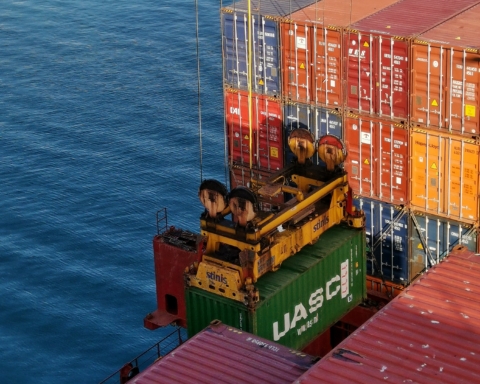Bangladesh is in chaos. The protests against the government-imposed civil service recruitment quotas, which have been inflaming the country for two months and have led to the death of 409 people so far – forcing Prime Minister Hasina to resign, after being in power for 15 years – are also causing major disruptions in the supply chain.
The demonstrations, which had been originally peaceful, soon degenerated into clashes and riots, coming close to civil war.
The over 4,000 textile factories in the country, the world’s largest clothing exporter, have been paying the highest price for the disruption. In fact, many companies have closed their doors for several days before reopening, and exports have come to a virtual standstill, forcing Bangladesh’s ports to face very serious congestion problems due to limited operational capacities.
Yesterday, only 329 twenty-foot containers left the country’s most important port, Chittagong, for their destination markets. Under normal conditions, 4000 TEUs per day are forwarded from its yards. Only 2409 containers were unloaded and 1265 TEUs loaded in the port yesterday. Over 44,000 twenty-foot boxes were left gathering dust in its uncovered areas, taking up 80% of the port.
Over 50 ships are currently at anchor 25 nautical miles off the port, which caters for 90% of the country’s international trade.




